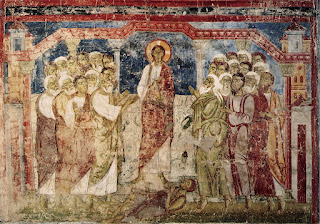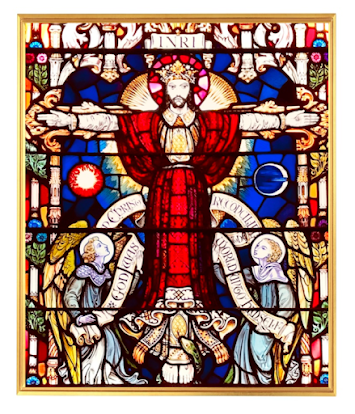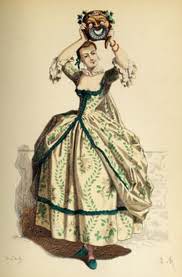
“There was in their synagogue a man with an unclean spirit, and he cried out…” Mark 1:23 We don’t call them demons anymore When you’re raving, howling out your reality To the pious void. In our less benighted time, This is not an unclean spirit but a case Of schizophrenia, a distressing medical phenomenon Treatable with the new alchemy of neurotransmitters. You don’t Need an exorcism. Take your meds. Be silent and come out. And yet, There is some verity that will not be quieted, even With Lithium. The words Of the rebuked disorder are Recorded for the ears of generations. While those in their right m...




